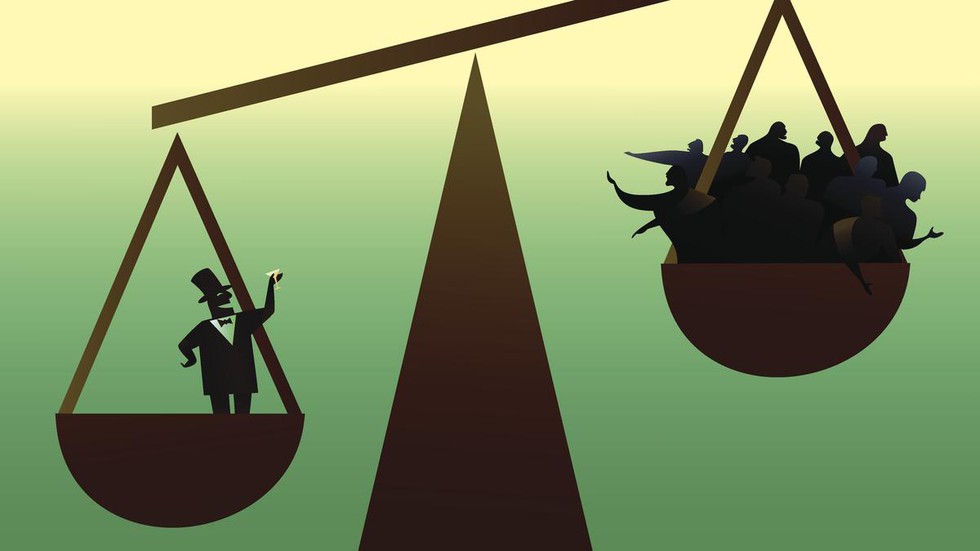In the realm of economics, the relationship between inequality and growth has sparked significant debate, with proponents and critics presenting contrasting views on its implications for economic development.
Proponents’ Perspective
Proponents of inequality argue that it serves as a natural consequence of a meritocratic system, incentivizing innovation and entrepreneurship by rewarding individuals who contribute the most to society. They suggest that the prospect of greater wealth encourages investment in education, ambitious pursuits, and technological advancements, thereby driving economic expansion.
Critics’ Perspective
Conversely, critics highlight the negative effects of inequality, including its potential to hinder social mobility and exacerbate disparities in opportunity. Research indicates that high levels of inequality can impede economic growth by limiting access to education and healthcare, reducing consumer demand, and fostering social unrest. Furthermore, concentrated wealth can lead to market inefficiencies and monopolistic behaviors, further hindering overall prosperity.
Complex Relationship
The relationship between inequality and growth is intricate, influenced by various factors such as the extent of redistribution through taxation and social welfare programs, cultural attitudes towards wealth accumulation, and institutional frameworks.
Nuanced Approach
Understanding this complex relationship requires a nuanced approach that acknowledges the multifaceted nature of inequality and its implications for economic development. While some argue that moderate levels of inequality can stimulate growth, others advocate for policies promoting inclusive growth and equitable opportunities for all members of society.
Conclusion
In conclusion, the link between inequality and growth remains a subject of ongoing research and discourse in economics. Policymakers must carefully consider the consequences of their decisions on economic performance and social cohesion, striving to achieve sustainable and inclusive growth for all members of society.
Multiple-Choice Questions (MCQs):
- What do proponents of inequality argue regarding its role in economic development?
a) Inequality hinders innovation and entrepreneurship.
b) Inequality is a consequence of a meritocratic system that encourages innovation and entrepreneurship.
c) Inequality has no impact on economic growth.
d) Inequality leads to social cohesion and equal opportunities for all.
Answer: b) Inequality is a consequence of a meritocratic system that encourages innovation and entrepreneurship. - According to critics, what negative effects can high levels of inequality have on economic growth?
a) High inequality fosters social mobility.
b) High inequality reduces market inefficiencies.
c) High inequality limits access to education and healthcare, reduces consumer demand, and fosters social unrest.
d) High inequality encourages equitable opportunities for all members of society.
Answer: c) High inequality limits access to education and healthcare, reduces consumer demand, and fosters social unrest. - What factors contribute to the complexity of the relationship between inequality and growth?
a) Cultural attitudes towards wealth accumulation.
b) The level of redistribution through taxation and social welfare programs.
c) Institutional frameworks.
d) All of the above.
Answer: d) All of the above.
